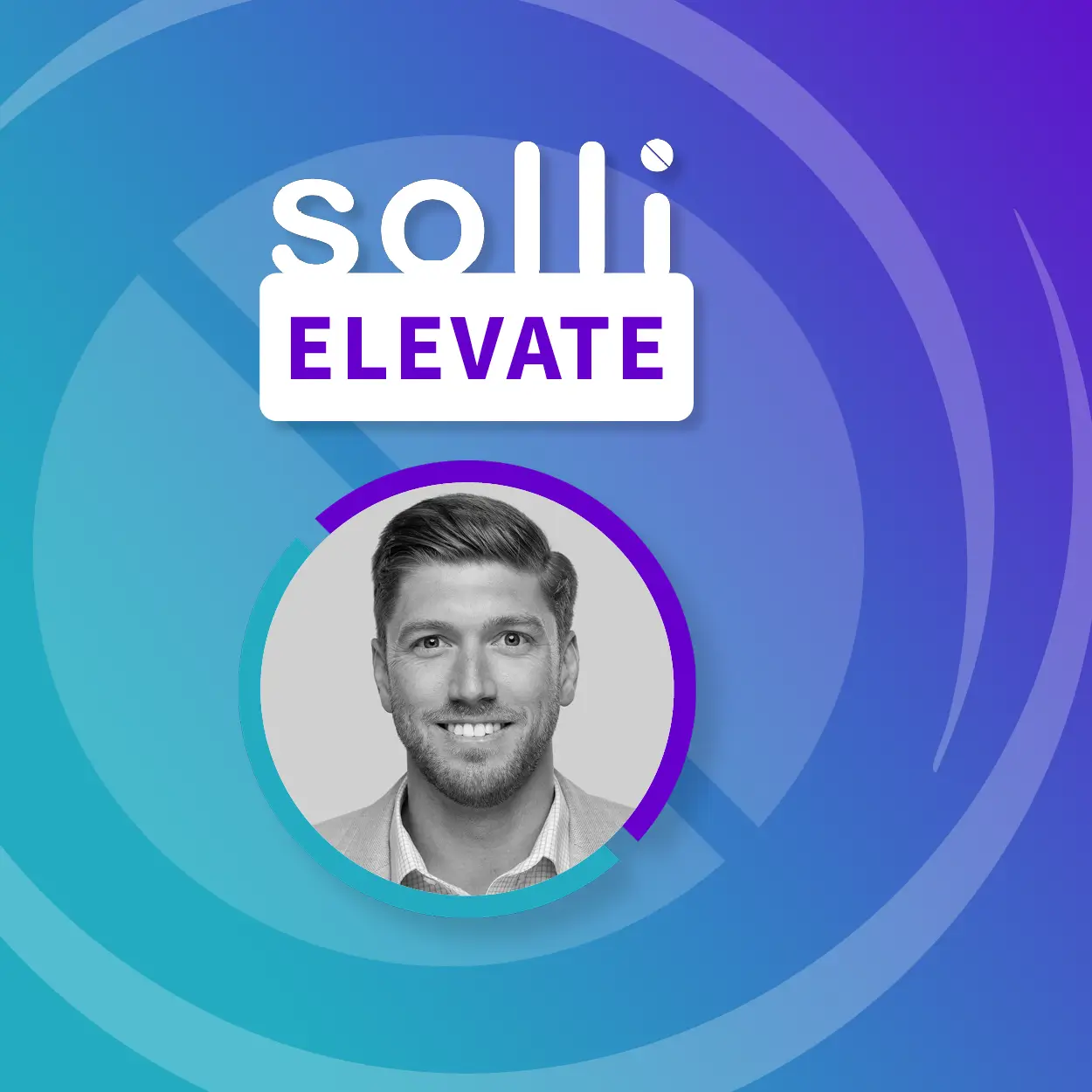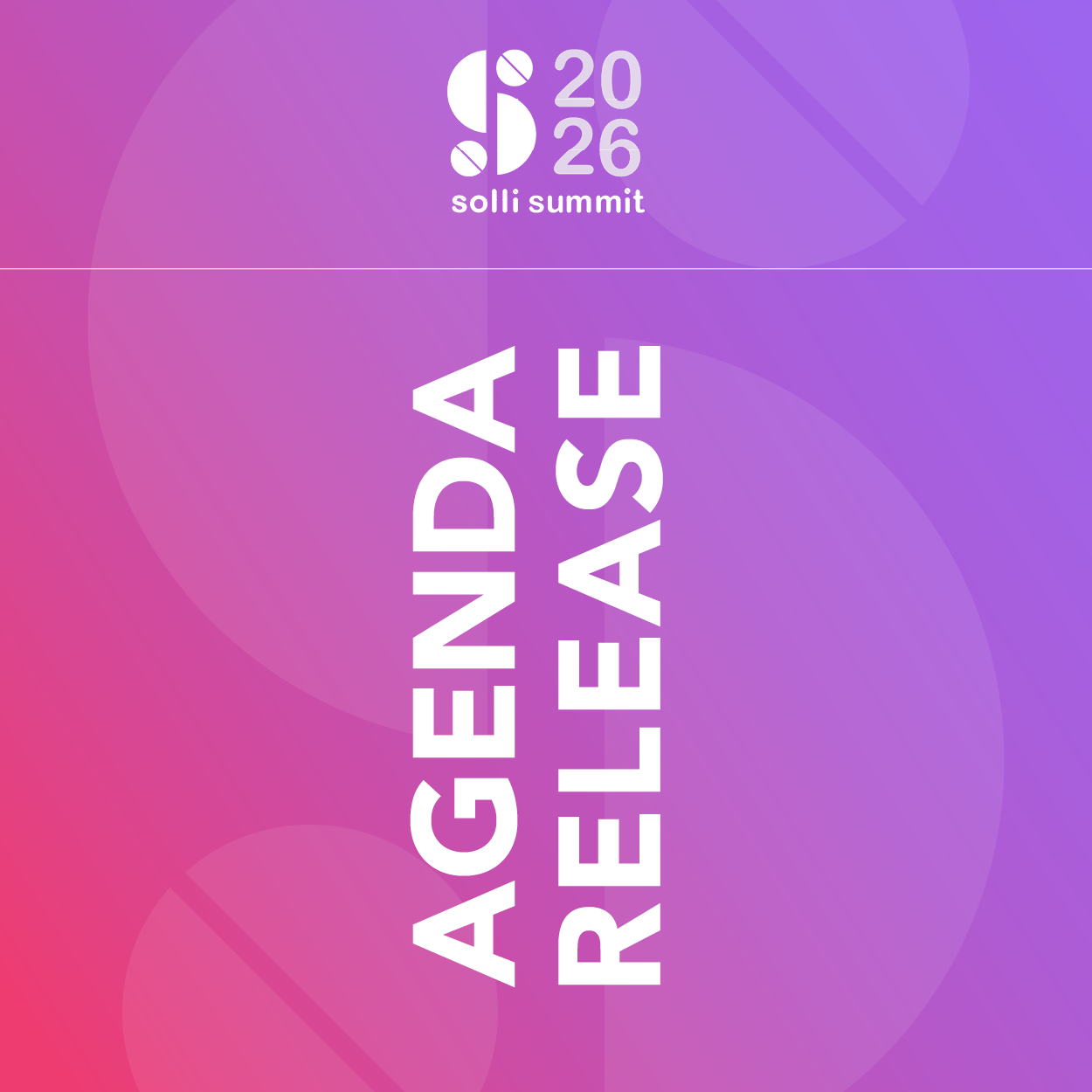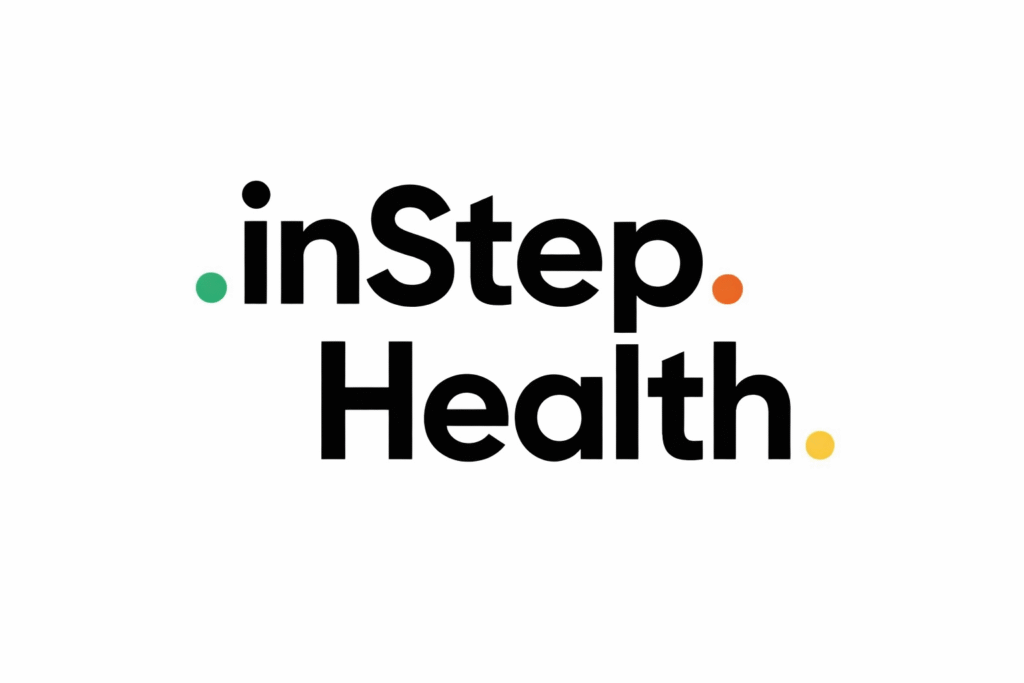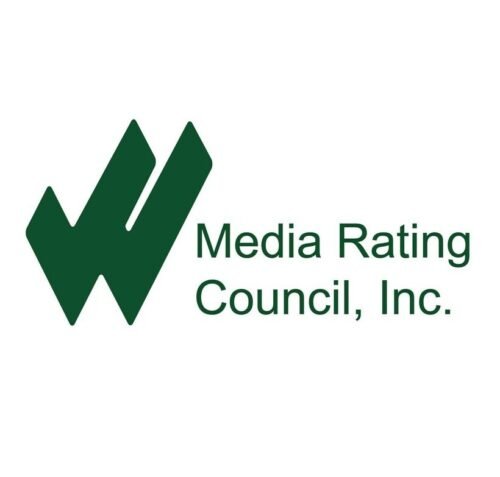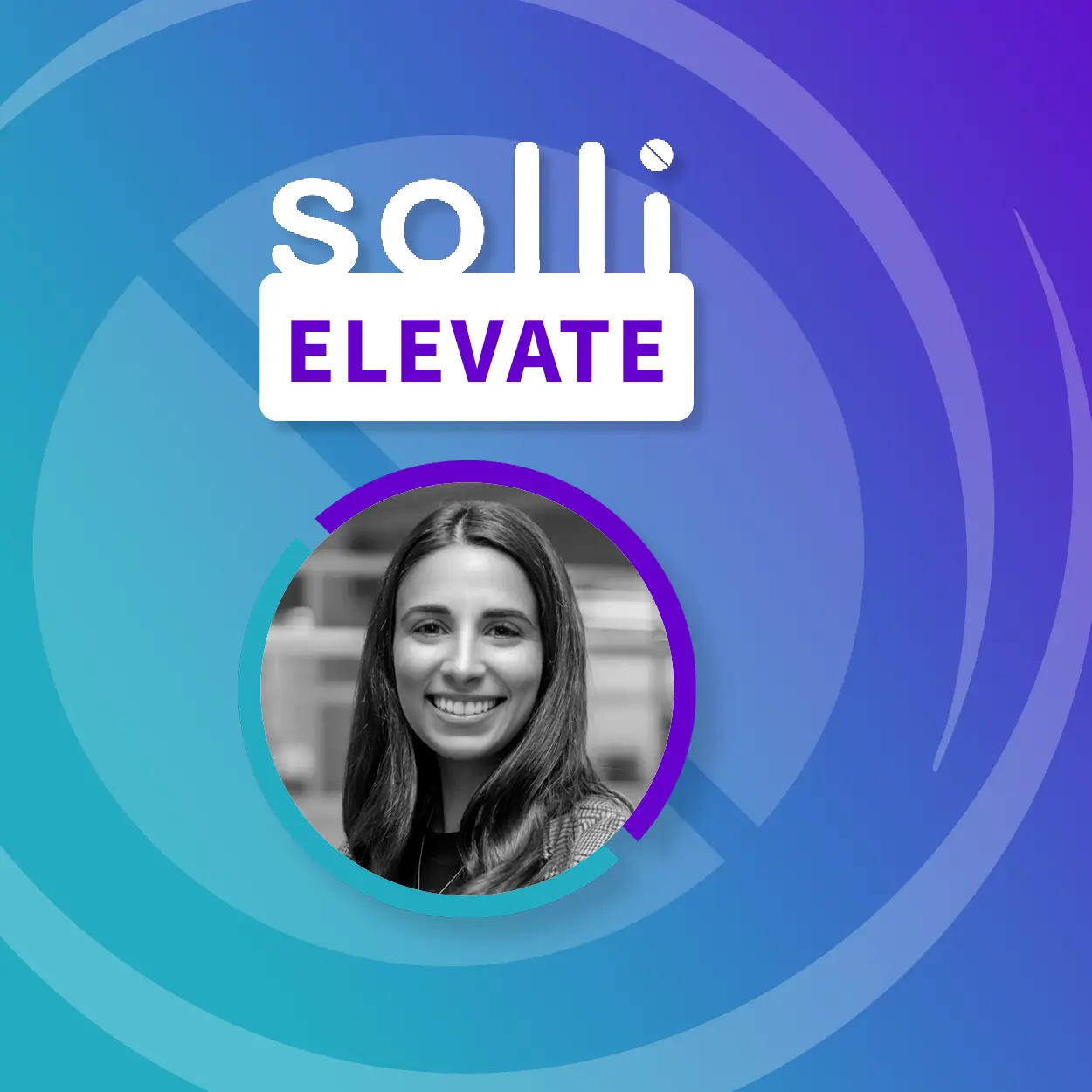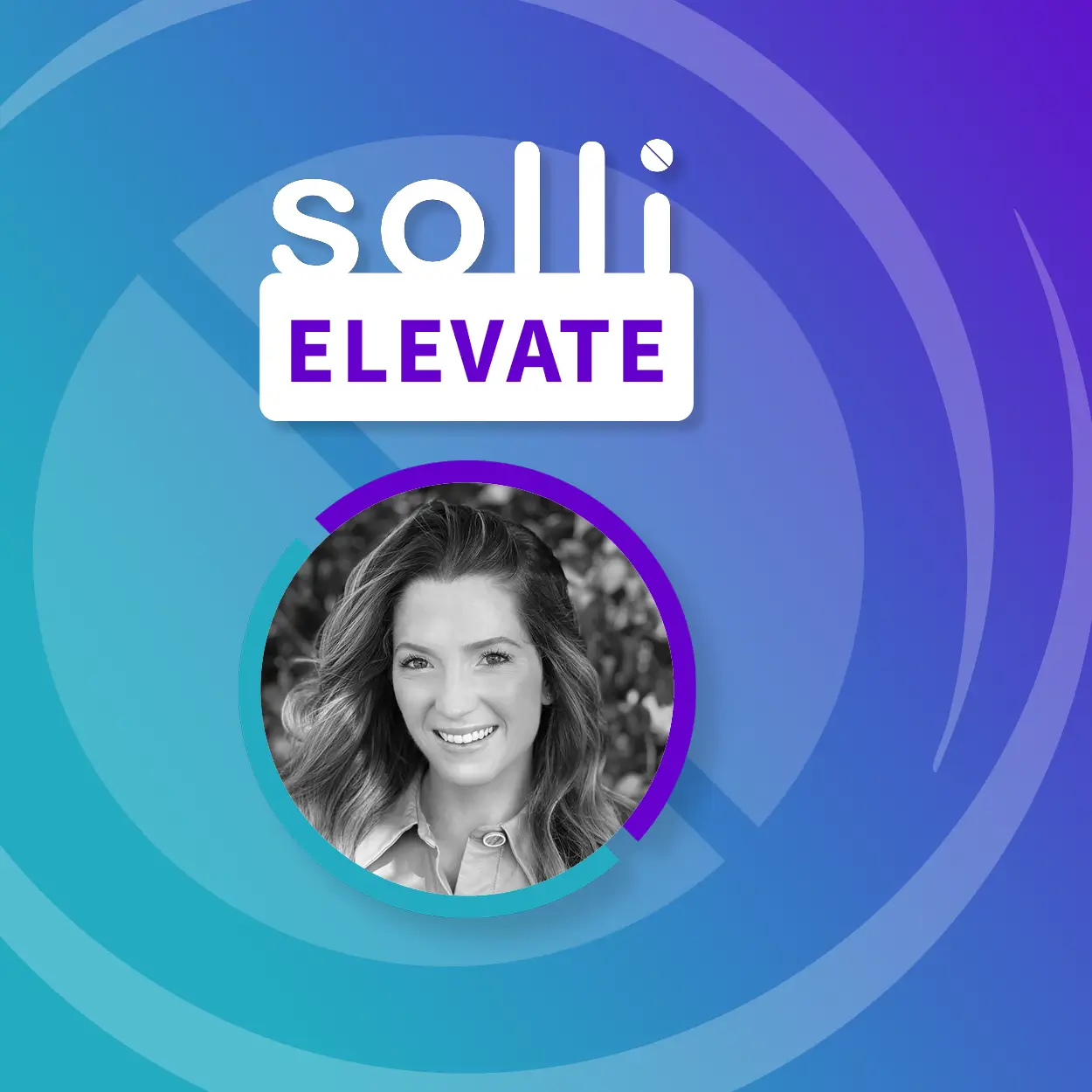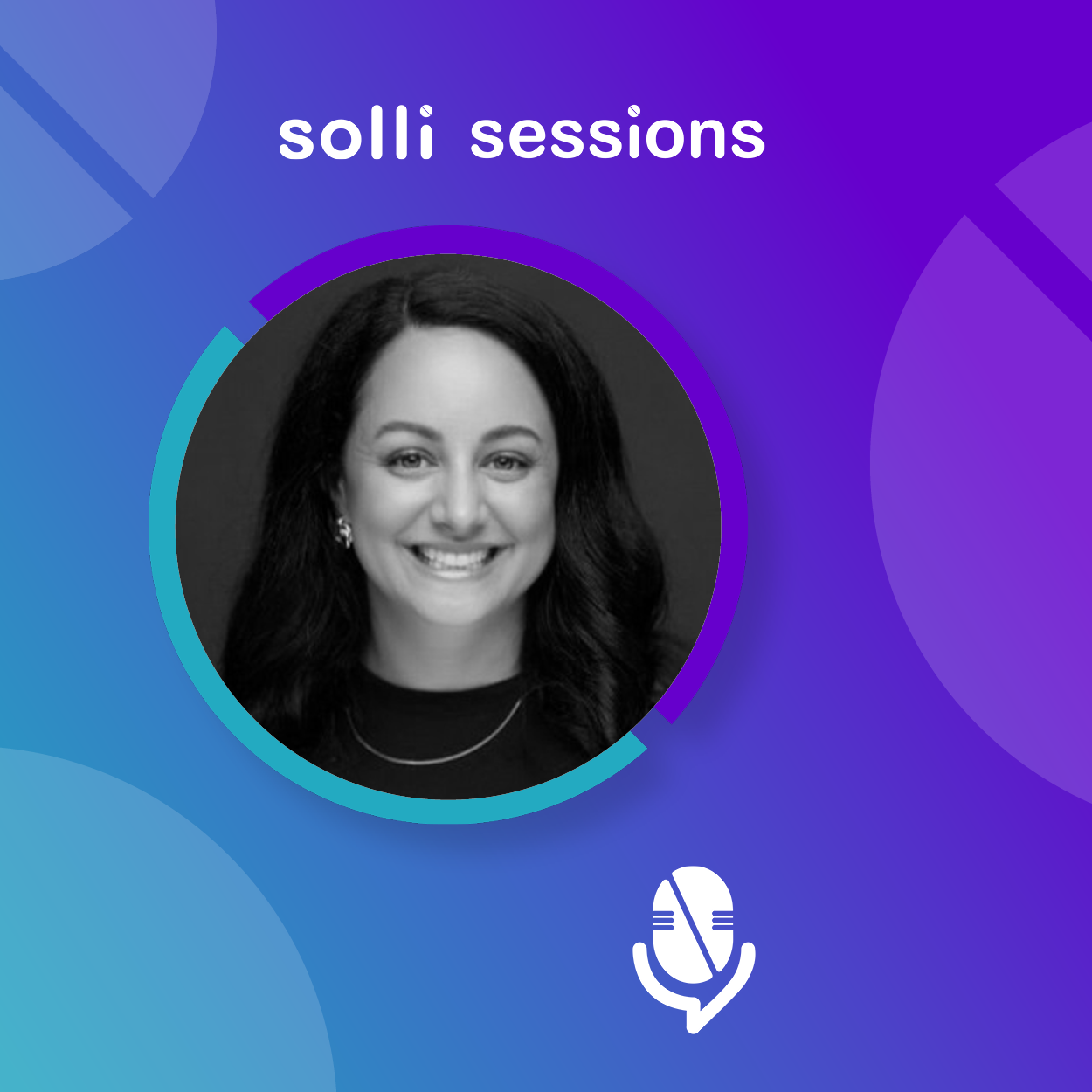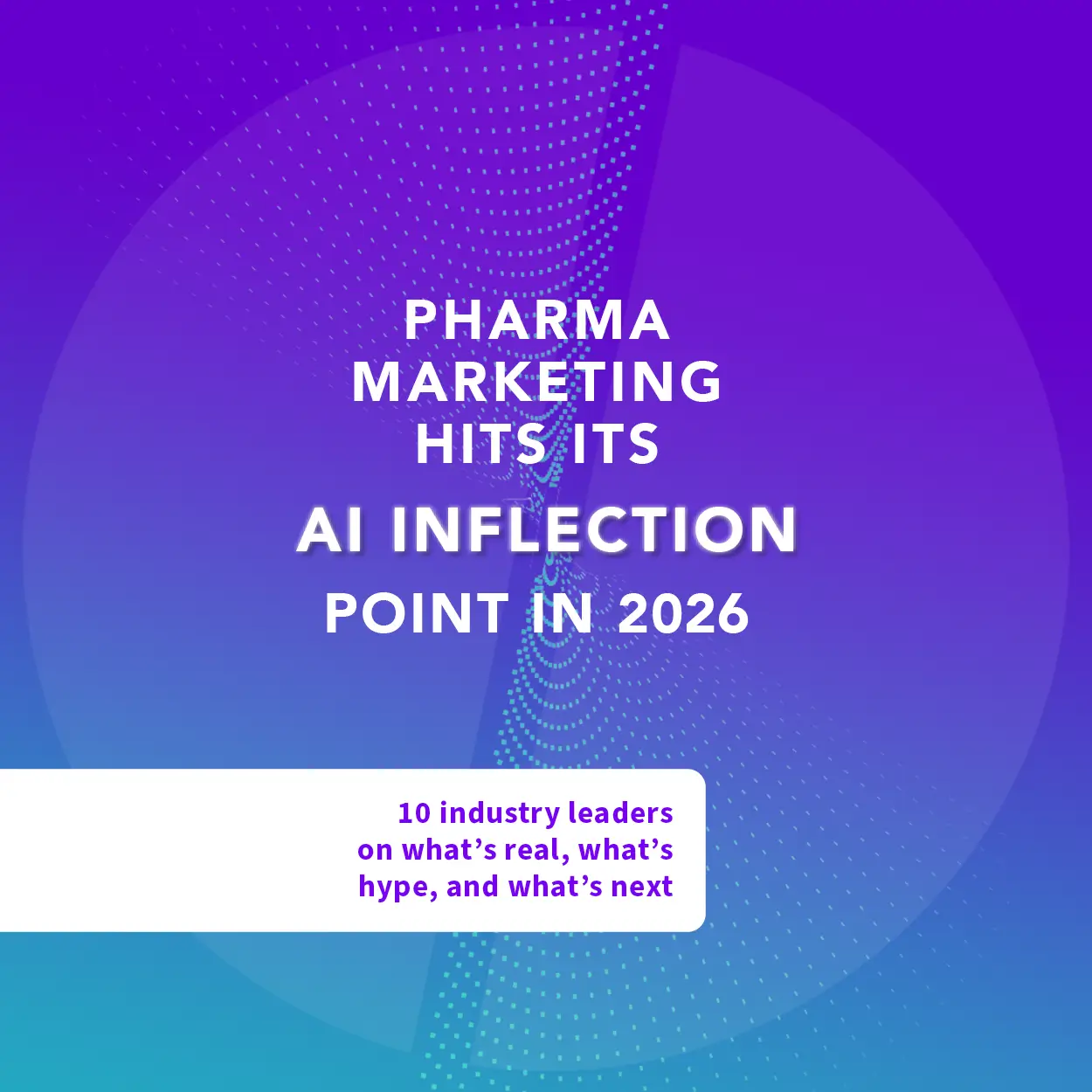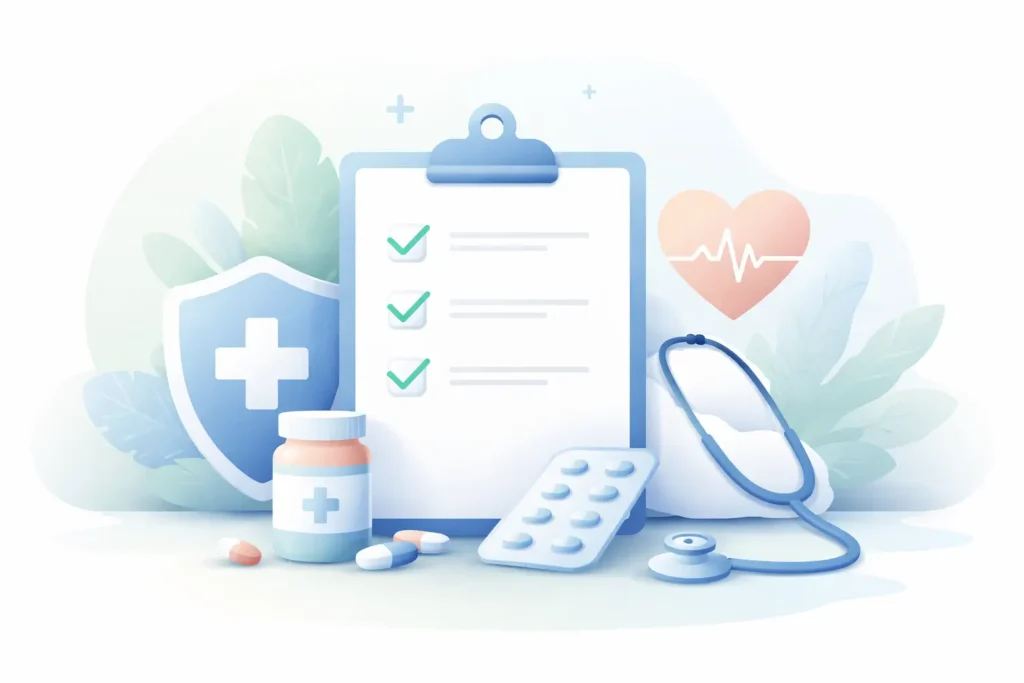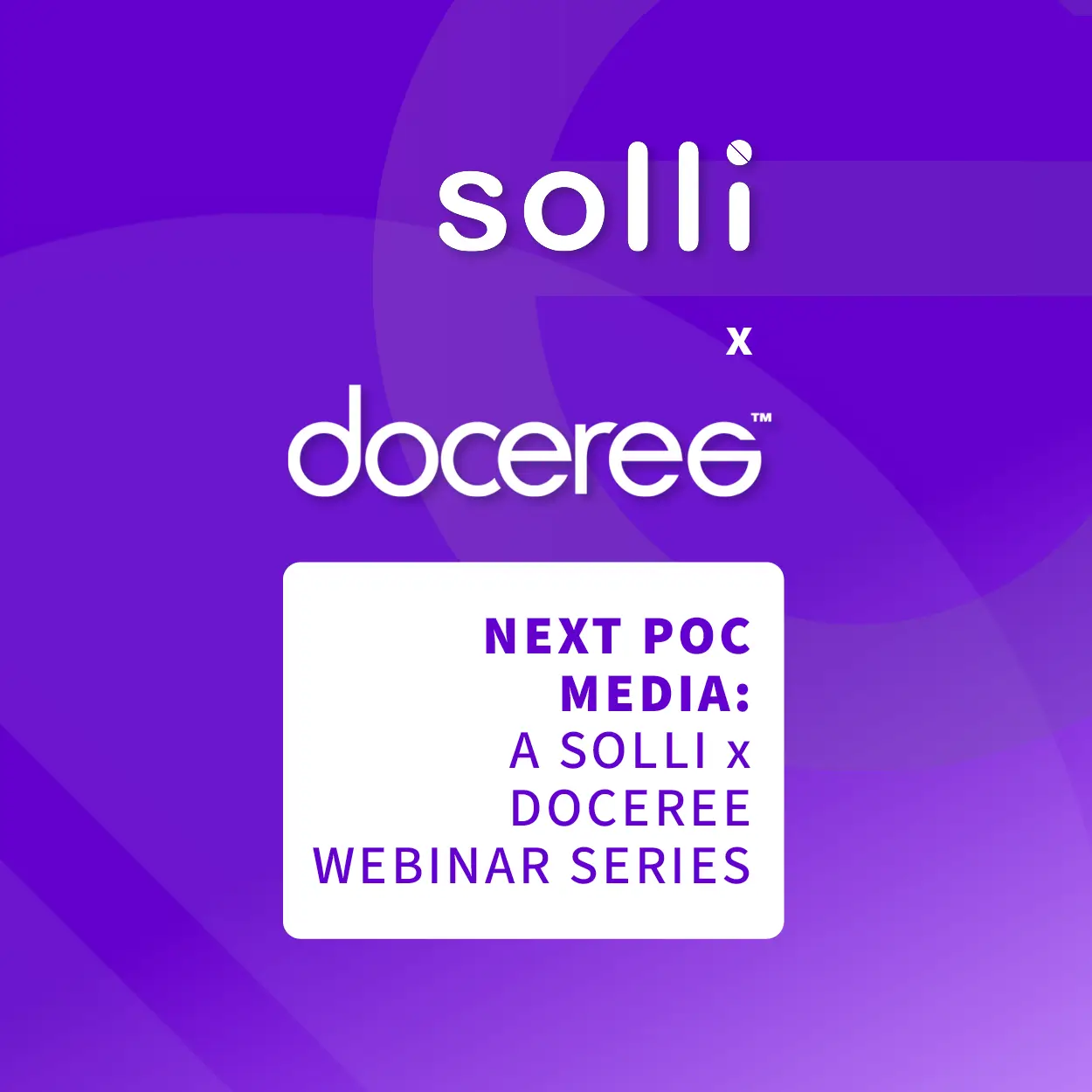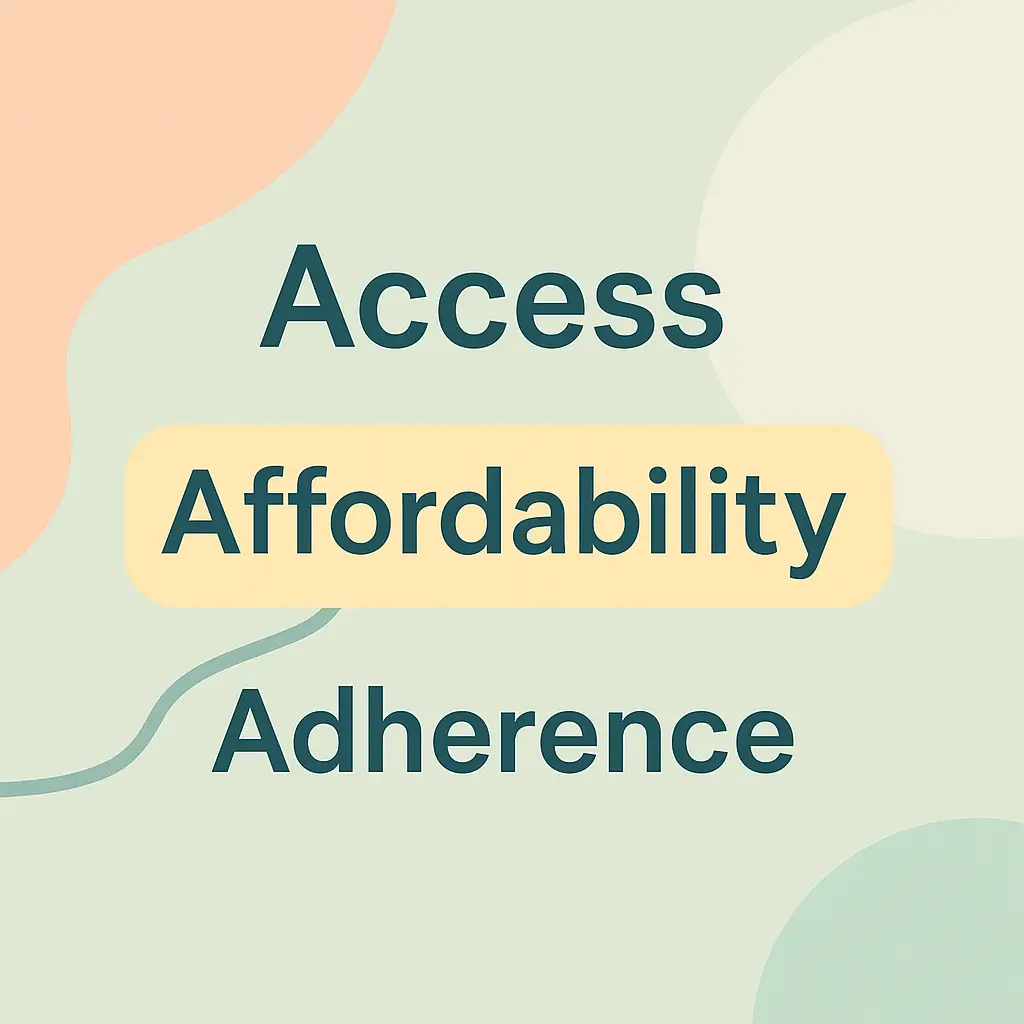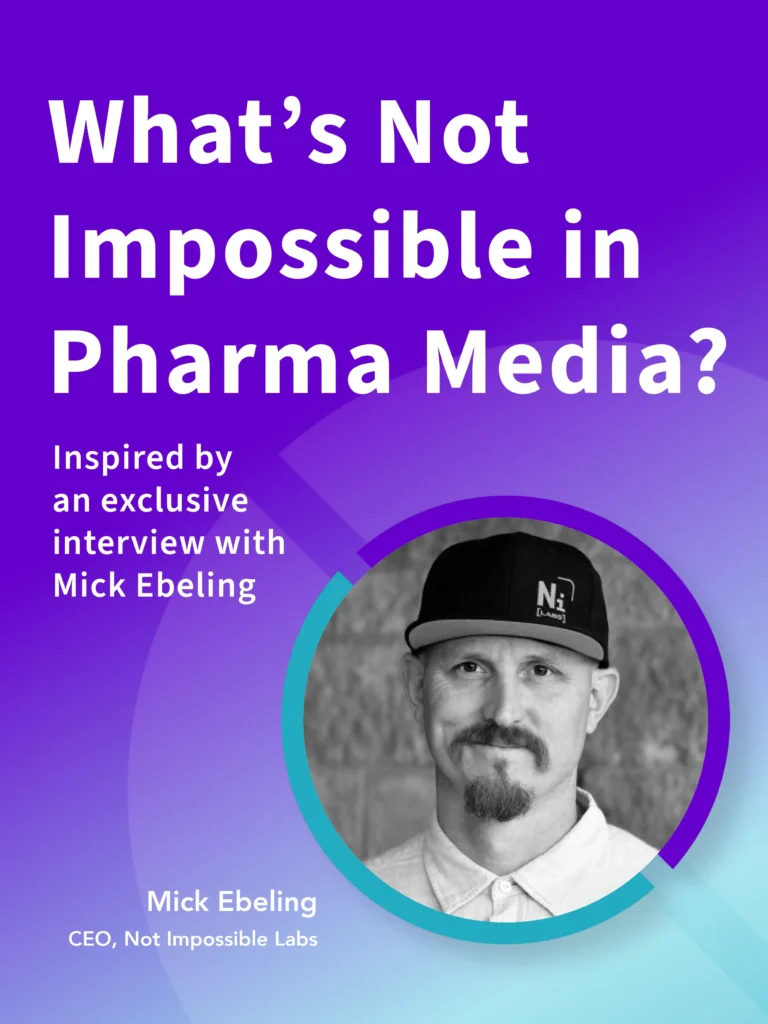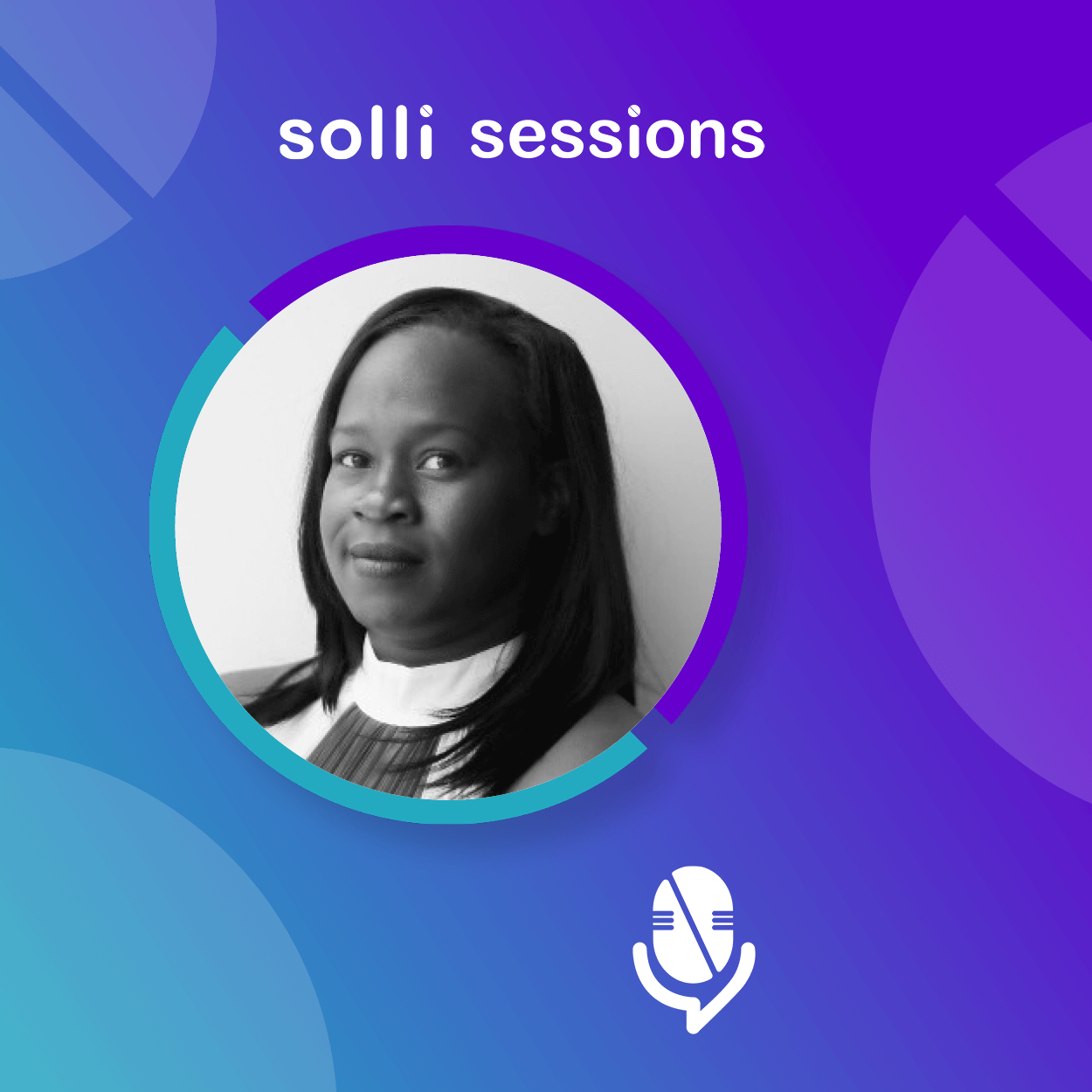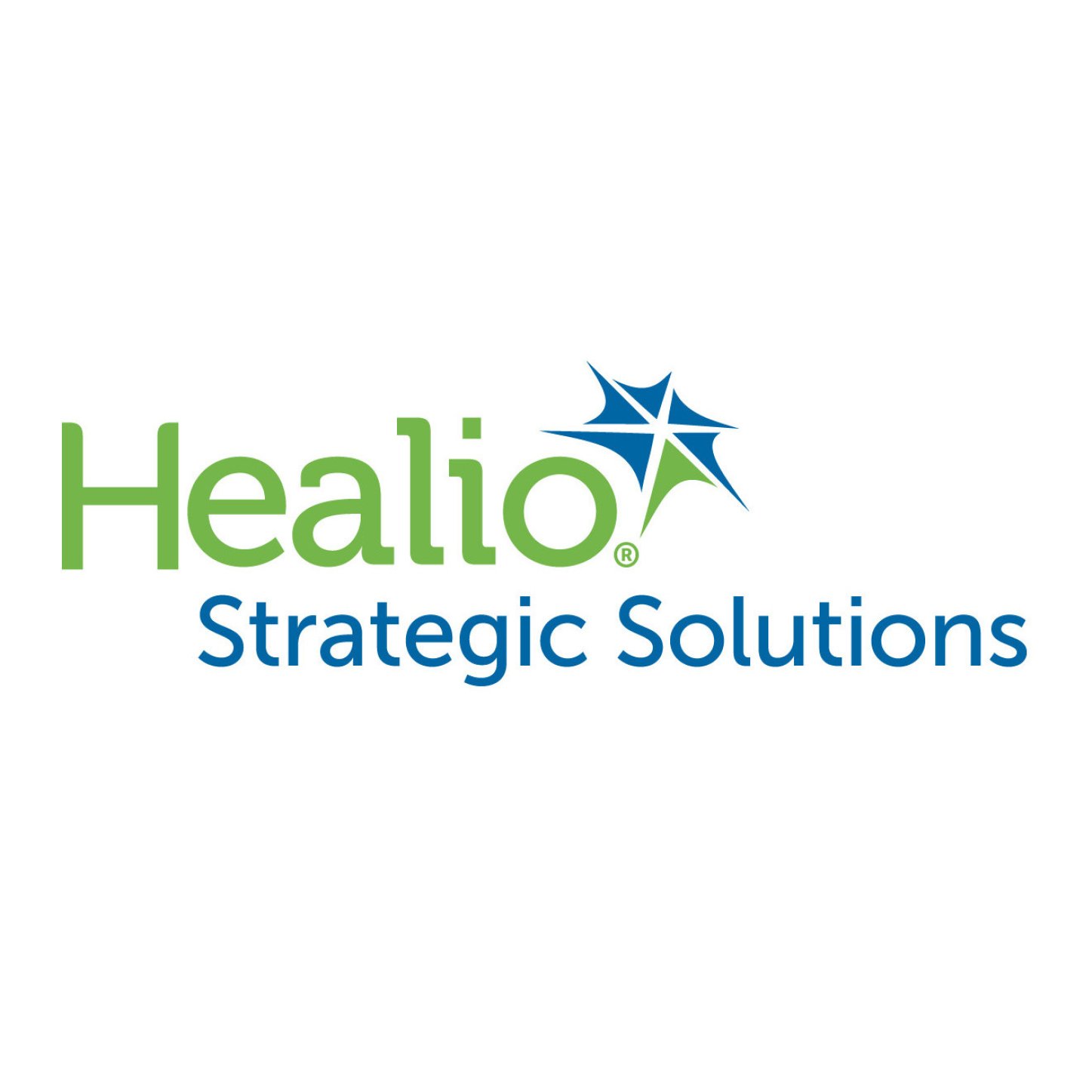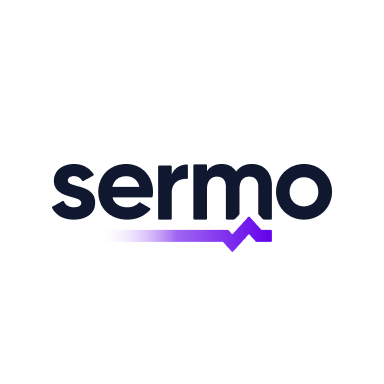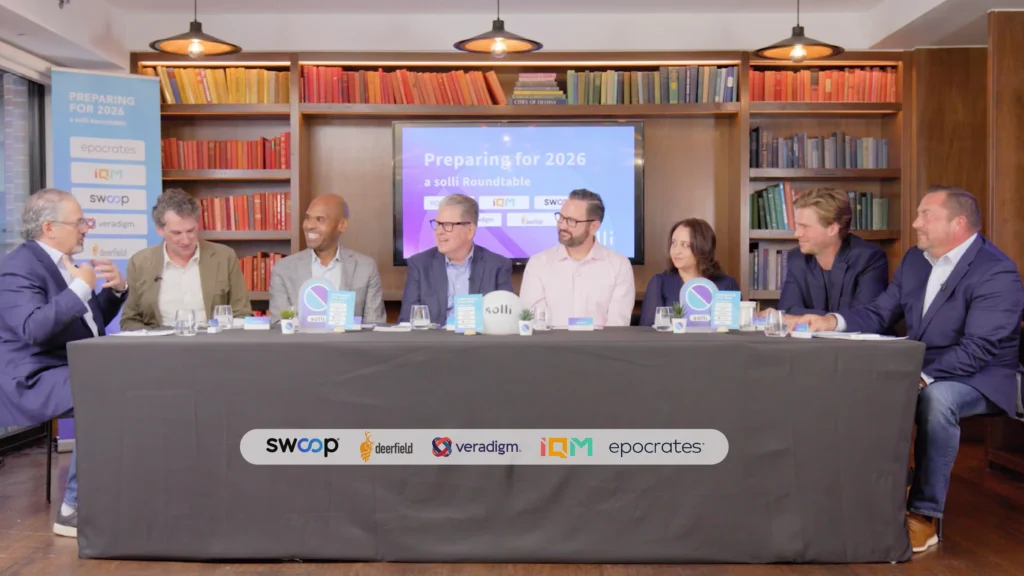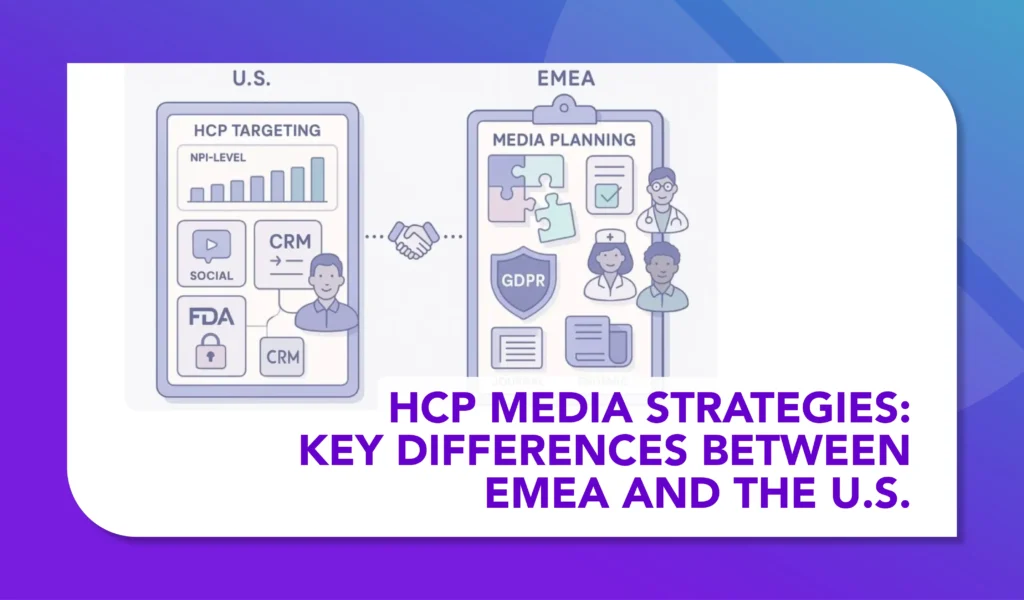Meta’s Policy Shift: What It Means for Health & Charity Advertising
New restrictions are changing how tracking works - here’s how to adapt and optimize your strategy

At the start of the year Meta started to inform stakeholders of the restrictions it will be placing on pixel and conversions API event data that can be collected from websites. These changes are set to change the way we track for key sectors like Health and Charity.
The changes are as follows:
1. Health and wellness, charity and some financial services are likely to lose bottom-funnel event optimisation including “complete registration”, “lead” and “purchase”.
- Upper-funnel events are likely to be still available, these include “page view”, “ViewContent”, “App Install” and “Search”
- There could still be an opportunity to utilise lead forms, however this has not been confirmed yet.
- It is unclear whether custom conversions will be restricted and if goals can still be recorded but not optimised too. If this is the case, then there could still be a strong case to utilise the platforms for conversion lead activity.
- App based products at present seem to be unaffected so pivoting your strategy here if you can, could be a viable option.
2. Tracking is going to be more limited, meaning top of the funnel, inner platform metrics such as awareness, engagement and traffic will need to be a higher consideration.
- There could be an opportunity to look at workarounds using server-side tracking other than CAPI.
- Utilising GA, although never very favourable for Meta could be used to strengthen reporting during the early stages of this change.
- There might be some opportunities to anonymise events such as Event 1 rather than “book appointment”.
- Consider harnessing first party data and lookalike audiences if you can.
How to know your data source has been affected by restrictions?
Meta will apply types of data source restrictions depending on the categorisation that has been applied to your data source (to check go to Events manager > data sources > settings).
- Core setup: this is the level usually applied to most data sources which restricts the sharing of custom parameters and parts of URLs following the domain.
- Restriction on certain standard events: this is where the above limitation to lower funnel events is applied if your data source. If your data source settings flag events that have been restricted, you might have to revisit your strategy and re-consider a top of funnel approach as mentioned.
- Full restrictions: Tracking events might be fully restricted in which case you data source / optimisation events won’t be able to be used for campaign optimisation.
Where can you go next for Paid Social in these areas?
It seems that TikTok and LinkedIn are going to be more favourable platforms in the wake of these changes for conversion-based activity while marketers find other tracking solutions. Meta should certainly not be disregarded; however, this may need to focus on top-mid funnel.
If you still want to hit those conversion goals, test the anonymous events or take a more holistic view on GA. Any hasty changes like turning the channel off completely should be reviewed against overall performance. As we’ve seen with the implementation of search tracking last year, Meta has a core impact on other channels, although tracking is fundamental, a holistic approach may need to be taken initially looking at the overall all impact of channel performance. We look forward to reading more when Meta share this and seeing what tech solutions come to market to tackle these changes.
Helena Taylor is the Paid Social Lead at Space & Time. This article has been adapted for Solli, based on an original piece published on Space & Time’s website.

